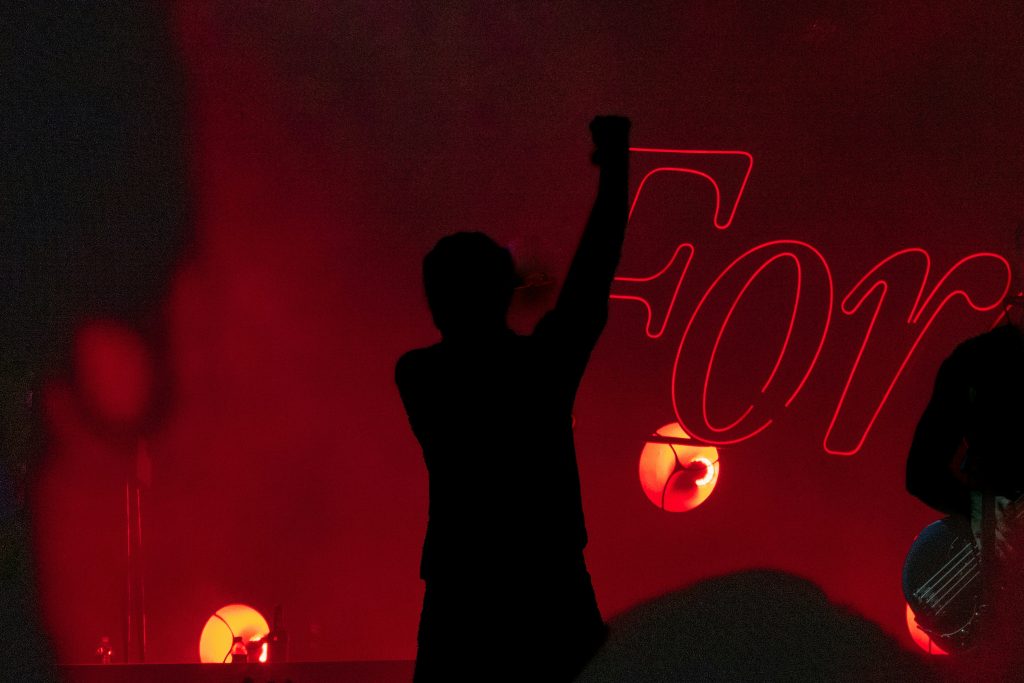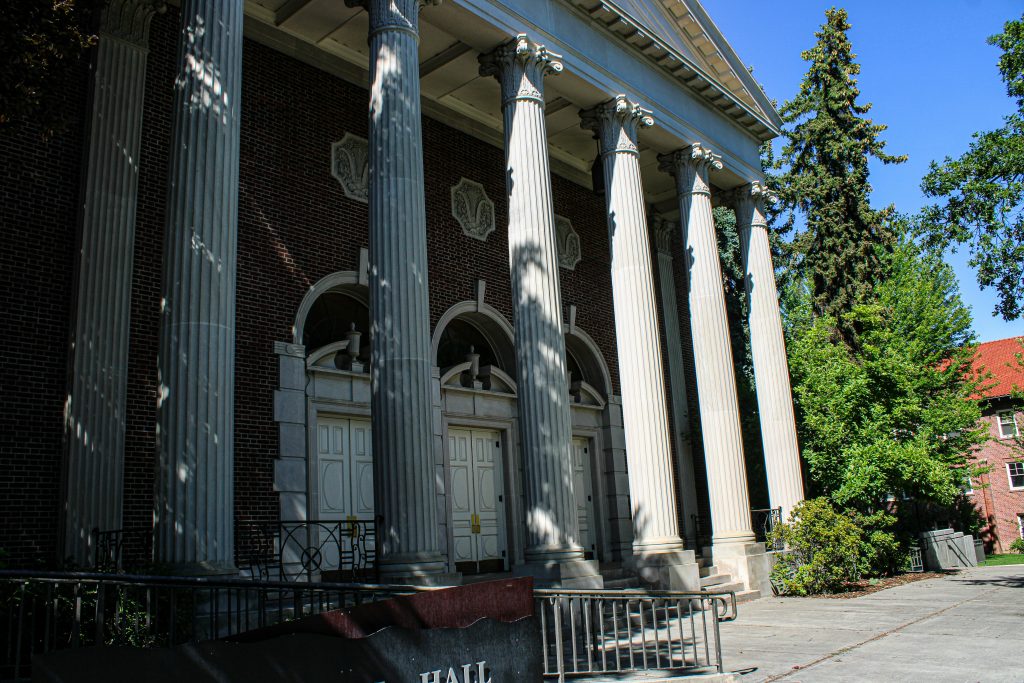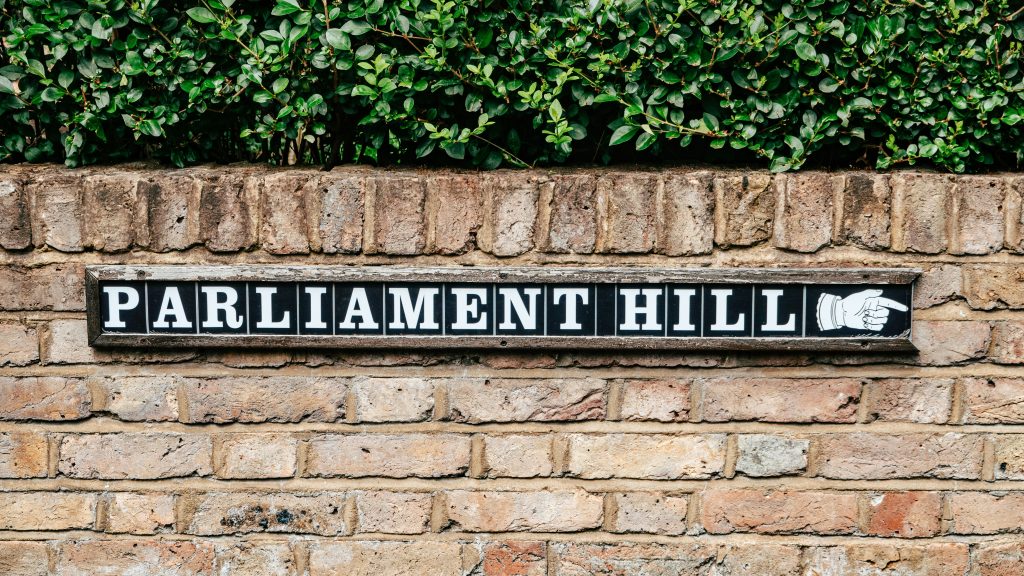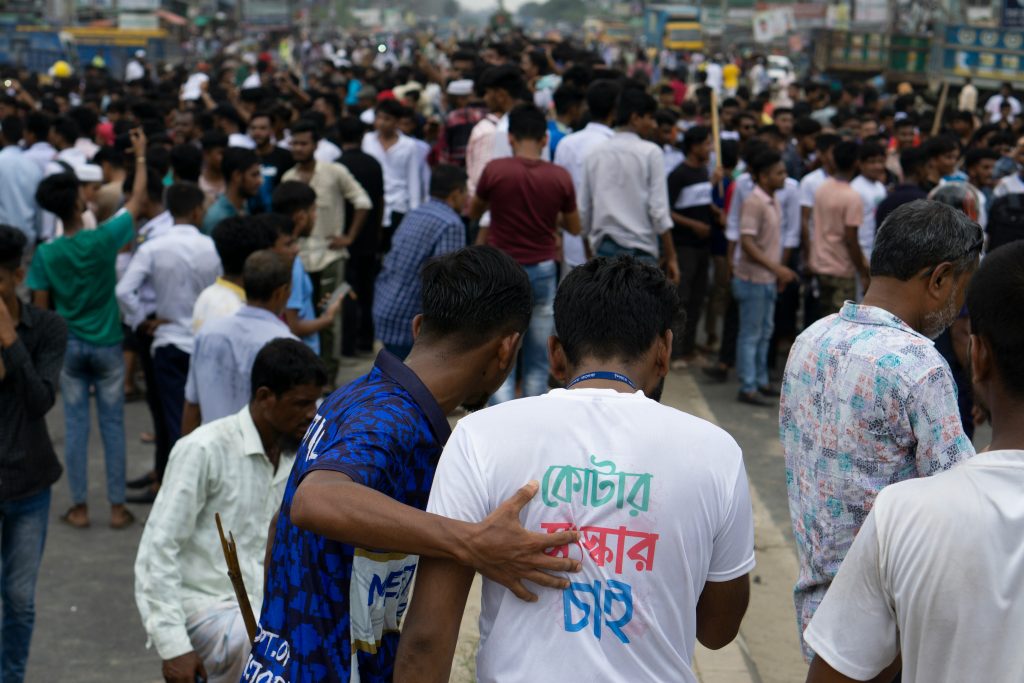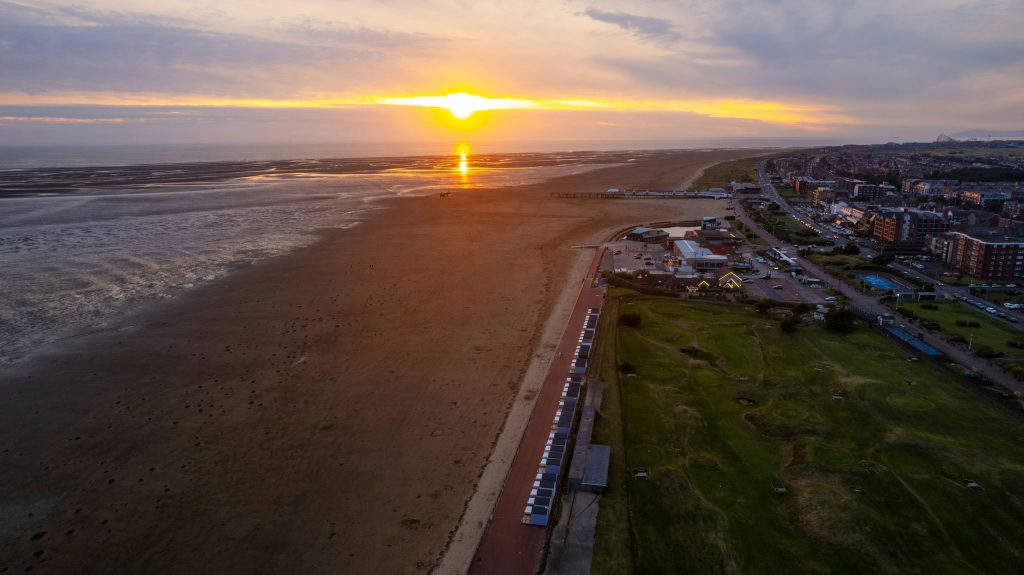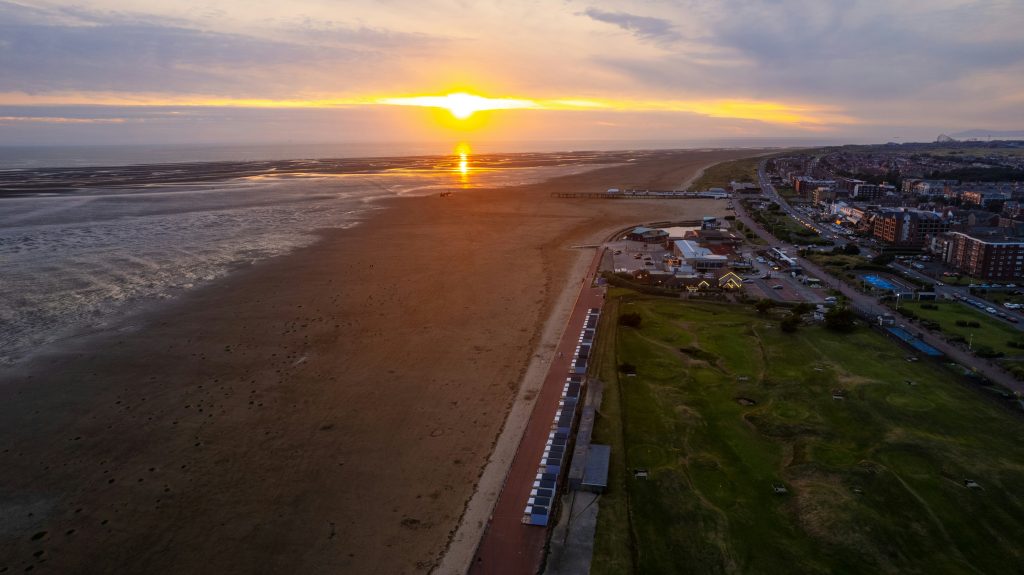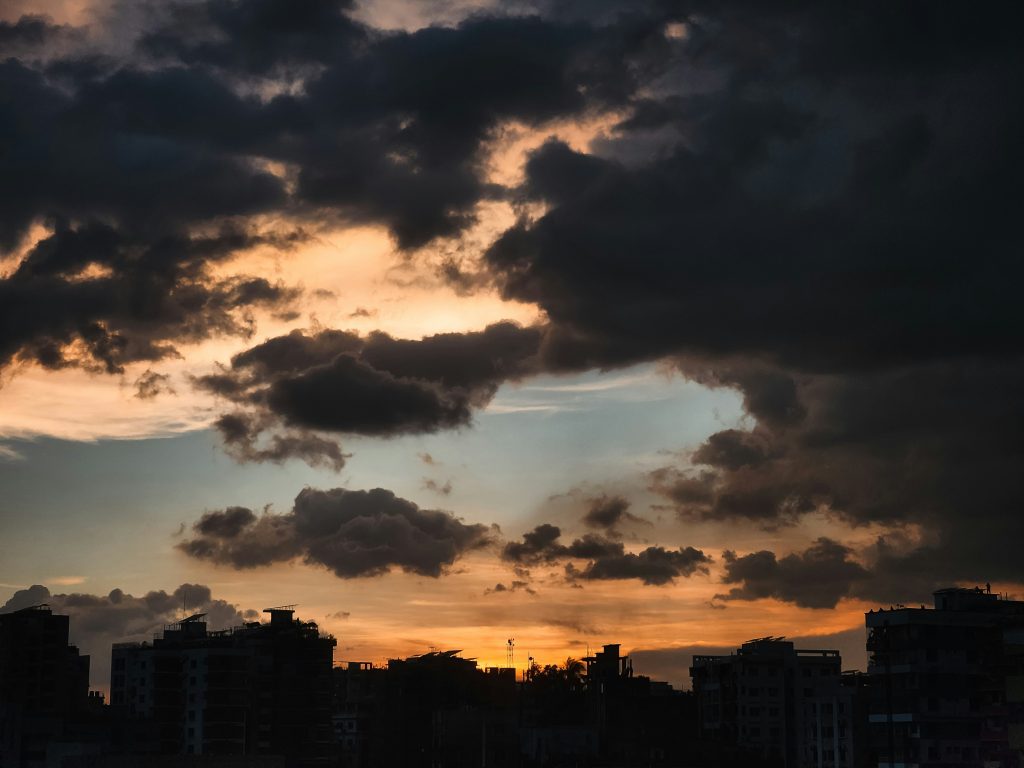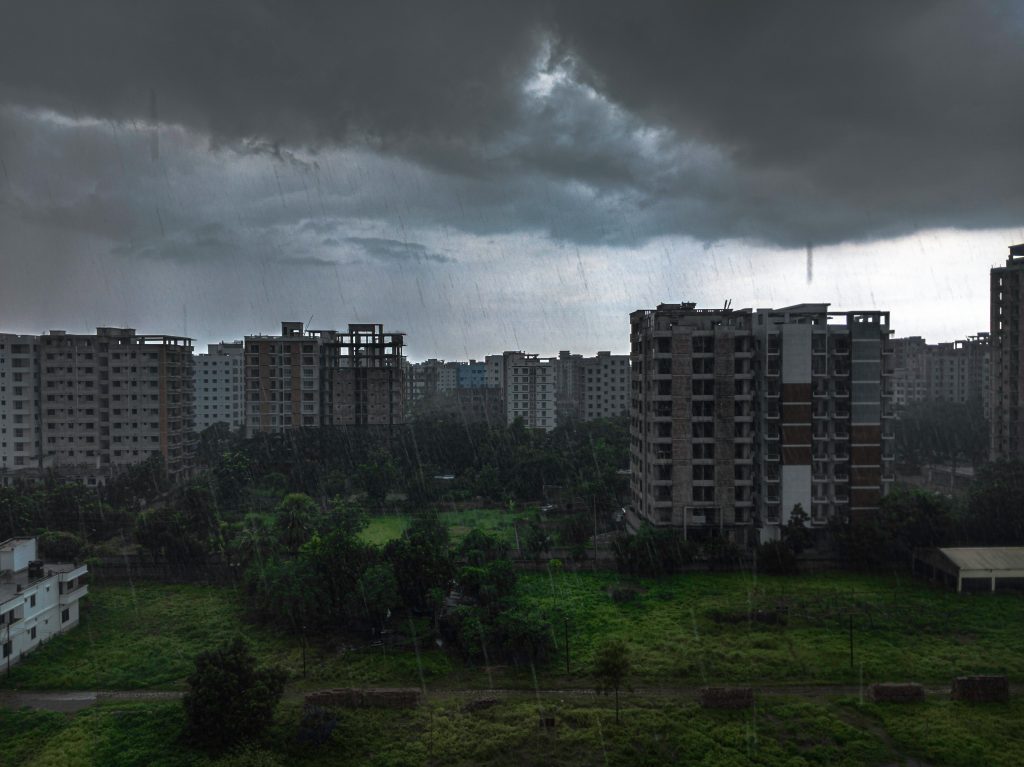Nancy Pelosi Rallies Support at Democratic National Convention Amidst Protests
In a moment that resonated deeply with attendees, former House Speaker Nancy Pelosi took to the stage at the Democratic National Convention, eliciting loud cheers from the crowd. Her speech, marked by gratitude and urgency, highlighted the ongoing challenges faced by the Democratic Party as it navigates a contentious political landscape.
Pelosi opened her address by expressing her appreciation for President Joe Biden, acknowledging the doubts that have surrounded his campaign but emphasizing the necessity of unity within the party. “We must stand together to safeguard our values and advance our agenda,” she proclaimed, a sentiment that echoed through the halls of the convention center.
The former Speaker praised Vice President Kamala Harris for her relentless advocacy for reproductive rights, framing her as a beacon of hope for the party’s future. She also commended Minnesota Governor Tim Walz for his commitment to voting rights, underscoring the importance of these issues in the upcoming elections.
As the ‘godmother’ of the Democratic Party, Pelosi’s endorsement of Harris solidified the Vice President’s position as a key player in the party’s strategy moving forward. Her remarks came at a critical juncture, as discussions about potential leadership transitions began to surface. Many observers noted that Pelosi’s encouragement for Biden to reconsider his candidacy might signal a shift towards a new generation of leaders within the party.
The atmosphere during Pelosi’s speech was electric, but it was not without its distractions. The event was marked by a live interview with Stephen Colbert that was unexpectedly interrupted by protesters voicing their discontent. This disruption served as a stark reminder of the divisions that persist within the party and the broader electorate. Colbert’s exchange with Pelosi highlighted the tension, as they navigated the complexities of political discourse in real-time.
Despite the protests, Pelosi maintained her poise, using humor to diffuse the situation. Her ability to connect with the audience remained evident, with many attendees rallying around her calls for solidarity and action.
As the convention progresses, Pelosi’s presence serves as a stabilizing force, urging Democrats to come together to face the challenges ahead. The former Speaker’s call to action resonates not just within the confines of the convention but also with voters across the country, reinforcing the critical nature of the upcoming elections.
In conclusion, Nancy Pelosi’s participation at the Democratic National Convention underscores the pivotal role she continues to play in shaping the party’s narrative. Her blend of gratitude, encouragement, and resolve serves as a reminder of the stakes involved in the political arena, as Democrats aim to rally support and unify their base in a time of uncertainty.
Tags: Democratic National Convention, Kamala Harris, Nancy Pelosi, Political Unity, protests
Democratic National Convention 2024: A Transformative Gathering in Chicago
The Democratic National Convention (DNC) has officially commenced in Chicago, marking a pivotal moment in the 2024 presidential campaign. This year’s event is particularly significant, coming just a month after the Republican National Convention in Milwaukee and only four weeks after President Joe Biden made the unprecedented decision to step back from his campaign, paving the way for Vice President Kamala Harris. As the DNC unfolds over the next four days, it is set against a backdrop of both celebration and dissent, with nearly 50,000 attendees expected, including prominent party leaders, activists, and supporters rallying around the party’s new presidential pick.
The convention is anticipated to be a dynamic spectacle, showcasing the Democratic Party’s vision for the future. Keynote speeches from influential figures, including the departing President Biden, First Lady Jill Biden, and former Secretary of State Hillary Clinton, will highlight Biden’s legacy while introducing Harris as the new face of the party. This transition represents a strategic shift in the Democratic agenda, aiming to energize the voter base and attract new supporters in the lead-up to the election.
However, the DNC is not without its controversies. Major protests are organized throughout the city, reflecting the diverse opinions and frustrations of various groups, including environmental activists, social justice advocates, and labor unions. These demonstrations, planned to coincide with the convention, underscore the challenges the Democratic Party faces as it attempts to unify its base while addressing pressing societal issues.
As the convention unfolds, the streets of Chicago have been transformed, with heightened security measures and street closures to accommodate the influx of attendees and media. The atmosphere is charged, with supporters gathering to express their enthusiasm for the party’s direction and to support Harris’s candidacy. Yet, the presence of protests serves as a reminder of the deep divisions within the political landscape, as activists voice their concerns over issues such as climate change, healthcare, and economic inequality.
The DNC represents more than just a series of speeches and rallies; it is a reflection of the Democratic Party’s identity and its response to the evolving political climate. As attendees engage in discussions about policy, strategy, and the future of the party, the convention will play a crucial role in shaping the narrative leading up to the 2024 election.
In conclusion, the Democratic National Convention in Chicago is set to be a transformative event that not only celebrates the party’s achievements but also addresses the challenges ahead. As Vice President Kamala Harris prepares to take the spotlight, the convention will serve as a critical platform for articulating the Democrats’ vision and rallying support in a time of significant political transition.
Tags: 2024 election, Chicago, Democratic National Convention, DNC, DNC 2024, Kamala Harris, protests
Columbia University President Resigns Amid Campus Unrest
In a significant development for Columbia University, President Minouche Shafik has announced her resignation following a series of protests that have stirred controversy and debate on the campus. The decision comes just months after a pro-Palestinian encampment was established at the university, which sparked widespread discussions about free speech, academic freedom, and the university’s role in addressing sensitive political issues.
Shafik’s presidency has been under scrutiny since the spring, when demonstrations erupted in response to the ongoing conflict in the Middle East. The university community became increasingly polarized as students voiced their opinions on the war and its implications, leading to heightened tensions on campus. Critics of Shafik’s administration have pointed to her handling of the protests as a significant factor in her decision to step down, with many arguing that her response was inadequate in addressing the concerns raised by both sides of the debate.
In her tenure as president, Shafik called for a police response to the protests, a move that was met with mixed reactions from students and faculty alike. While some felt that a law enforcement presence was necessary to maintain order, others viewed it as an infringement on students’ rights to protest and express their opinions. This dichotomy highlighted the challenges that university leadership faces in navigating complex social and political landscapes.
Shafik’s resignation marks a notable shift for Columbia University, which has historically prided itself on being a bastion of free thought and discourse. In the wake of her departure, students and faculty are left to ponder the future direction of the university and its leadership. Many students have expressed curiosity and concern about who will take the helm next and how the new president will address the ongoing issues of antisemitism and campus safety.
Furthermore, Shafik’s resignation comes at a time when universities across the nation are grappling with similar challenges, as political activism increasingly spills into campus life. The handling of protests, especially those related to international conflicts, is becoming a critical issue for university administrations. This incident at Columbia serves as a reminder of the delicate balance institutions must maintain between upholding free speech and ensuring a safe, inclusive environment for all students.
As Shafik prepares for her next chapter, she has been appointed to chair a review concerning the UK’s approach to international development, a role that could leverage her expertise in global affairs and public policy. This new position may allow her to contribute to important discussions on how universities and governments can better engage with complex international issues.
Columbia University now stands at a crossroads, facing potential changes in its governance and social climate. The resignation of its president could either pave the way for new leadership that is better equipped to handle the tumultuous atmosphere or could lead to further unrest among an already divided student body. The university community awaits the administration’s next steps with anticipation and trepidation, keenly aware of the challenges that lie ahead.
In conclusion, Minouche Shafik’s resignation from Columbia University encapsulates a broader narrative about the intersection of academia, politics, and social activism. As universities continue to grapple with these issues, the lessons learned from this situation may influence how future leaders approach similar challenges in the years to come.
Tags: Columbia University, Free Speech, Leadership, Minouche Shafik, protests, Resignation
Tensions Rise as Nationwide Protests and Counter-Protests Loom in the UK
In a climate of escalating tension, the UK is bracing for a series of far-right demonstrations and counter-protests set to unfold across the nation today. With reports indicating that over 100 far-right gatherings and 30 counter-protests are planned, authorities are on high alert, mobilizing extensive police resources to maintain order. The Metropolitan Police have confirmed that approximately 6,000 riot officers are prepared to respond to any outbreaks of violence that may occur during these events.
The increased unrest follows a series of violent incidents in city centres, particularly in Yorkshire, where an attack on a hotel housing asylum seekers has raised concerns among local authorities. The police are closely monitoring social media channels, including encrypted messaging services, where messages have circulated indicating potential gatherings in at least 18 towns and cities.
The far-right demonstrations are reportedly targeting immigration centres, with specific locations identified as being on a ‘hit list’. This has prompted a significant police presence and strategic planning to avert any violent confrontations. Officers are particularly vigilant in London, where the potential for clashes is heightened due to the concentration of demonstrators and counter-protesters in urban areas.
As the day progresses, the atmosphere remains charged, and many are questioning the broader implications of such gatherings on societal cohesion and public safety. The planned protests reflect a growing divide within communities regarding immigration and national identity, issues that have become increasingly polarized in recent years.
The police have urged the public to remain calm and avoid confrontation, emphasizing the importance of safety during these volatile situations. They have also highlighted the role of community leaders in fostering dialogue and understanding amidst the rising tensions.
As the clock ticks down to the planned demonstrations, many will be watching closely to see how this situation unfolds and what it means for the future of public discourse in the UK.
Tags: counter-protests, far-right, protests, Protests today, public safety, UK unrest
Bangladesh Faces Political Turmoil as Long-Serving Leader Resigns Amid Protests
In a historic turn of events, Bangladesh has witnessed one of the most significant political upheavals in recent decades. On June 6, the political landscape was irrevocably altered when Sheikh Hasina, the world’s longest-serving female leader, resigned as Prime Minister and fled the country, following weeks of intense protests that escalated into violence.
The protests, initially sparked by dissent against a controversial quota system for government jobs, quickly morphed into a broader movement demanding political reform and accountability. This surge of activism, largely driven by the youth, particularly students, has been termed by many as a ‘Gen Z revolution’. The demonstrators expressed their frustration with the status quo, challenging a political dynasty that has been in power for over a decade.
Sheikh Hasina’s departure marks the end of an era for a political dynasty that has shaped the nation’s governance for years. Her leadership was characterized by significant economic growth and development in Bangladesh, but it was also marred by accusations of authoritarianism and suppression of dissent. As the protests gained momentum, the government’s response was increasingly viewed as heavy-handed, leading to allegations of human rights violations.
The resignation came just a day after Bangladesh’s high court reinstated certain political rights that had been curtailed under Hasina’s administration. This legal decision seemed to embolden the protesters, who had been calling for a more equitable system and greater political freedoms.
The implications of Hasina’s resignation are profound, not just for Bangladesh but for the region at large. Analysts are speculating about the future of governance in the country and whether the political vacuum will lead to a new era of democratic engagement or further instability. The young protestors, who played a pivotal role in this uprising, are now faced with the challenge of translating their momentum into a sustainable political force.
As Bangladesh navigates this uncertain political landscape, the eyes of the world are watching closely. Will the new leadership prioritize the demands of the youthful populace, or will the power dynamics shift in favor of old guard politics? The future remains uncertain, but the recent developments signal a seismic shift in how politics will be conducted in Bangladesh moving forward.
Tags: Bangladesh, Political Change, protests, Sheikh Hasina, Youth Activism
Understanding the Controversy Surrounding Two-Tier Policing in the UK
In recent weeks, the UK has witnessed a surge of protests, leading to heightened discussions about the concept of ‘two-tier policing.’ This term has been bandied about by various factions, especially within far-right circles, alleging that law enforcement applies different standards to different groups of protesters. The narrative has gained traction amidst significant unrest following tragic events, including violent incidents that have shocked communities nationwide.
The notion of two-tier policing suggests that authorities respond to protests based on the political affiliations or identities of the demonstrators. Proponents from the far-right argue that their gatherings are treated more harshly compared to those organized by other groups, particularly those advocating for social justice. However, critics vehemently deny these claims, asserting that such allegations lack substantial evidence and are often rooted in conspiracy theories.
Prominent figures in politics and community leadership have spoken out against the idea, emphasizing that policing strategies are based on the nature of the events rather than the identity of the participants. For instance, violent protests have prompted a stronger police presence and more aggressive tactics, regardless of the protestors’ political leanings. This approach is seen as necessary to maintain public safety and order.
The situation escalated dramatically following violent clashes in various locations, with reports of stones, petrol bombs, and flares being used against police forces. The aftermath of these confrontations has led to hundreds of arrests, fueling a heated debate about the effectiveness and fairness of policing methods in contemporary Britain.
Critics of two-tier policing stress the importance of examining the context of each protest. They argue that police responses should be proportional to the threats posed, rather than influenced by the political affiliation of the groups involved. As such, the narrative of two-tier policing is viewed by many as a distraction from the real issues at hand, such as public safety and the need for effective crowd control measures.
Moreover, the rapid spread of misinformation on social media has exacerbated tensions, with baseless rumors contributing to fears and misunderstandings surrounding police actions. This has created an environment where extremist groups can exploit public sentiment, framing themselves as victims in a broader narrative of oppression.
As the UK navigates through these turbulent times, it becomes increasingly crucial for all parties involved to engage in constructive dialogue. A clear understanding of the rationale behind policing strategies can help demystify the situation and potentially restore trust between law enforcement and communities. The focus should shift towards ensuring accountability and transparency in policing, rather than perpetuating divisive narratives that only serve to widen societal rifts.
In conclusion, the conversation around two-tier policing highlights significant divisions within society, but it is essential to approach the topic with a critical mind. By concentrating on facts and fostering open discussions, the UK can work towards a more equitable and just policing system that serves all citizens, irrespective of their political beliefs.
Tags: law enforcement, protests, public safety, two-tier policing, What is two-tier policing
Plymouth Erupts in Unrest Amidst Anti-Immigration Protests
Plymouth, a vibrant city known for its rich maritime history, has recently found itself at the center of turmoil as anti-immigration sentiments have sparked intense protests and unrest. Following a tragic incident involving a fatal knife attack, tensions escalated, leading to confrontations between demonstrators and law enforcement.
Local authorities, including the Plymouth City Council, have expressed their distress over the violent scenes that have unfolded, emphasizing the need for community safety and cohesion. Councillor Sally Haydon, a key figure in the council, acknowledged the emotional impact these events have had on residents and reiterated the importance of maintaining peace within the community.
The unrest in Plymouth is part of a broader pattern seen in various UK cities, where far-right groups have begun to mobilize, fueling fears of escalating violence and division. In the latest protests, several police officers were injured, and there were reports of damage to property, including a police van. The situation led to multiple arrests as law enforcement sought to restore order amidst the chaos.
In response to the escalating tensions, Devon and Cornwall Police have ramped up their presence in the city center, with additional officers deployed to manage the demonstrations and ensure public safety. Meanwhile, local businesses have made the difficult decision to alter their operations, including changes to bus routes, in order to navigate the disruptions caused by the protests.
Despite the turmoil, community initiatives continue to thrive. The Plymouth Sound National Marine Park recently launched a program named ‘Your Summer Your Sound,’ which aims to offer over 900 free activity sessions designed to engage and inspire local residents. Such efforts highlight the resilience of the community and its determination to foster a sense of unity despite the ongoing challenges.
As Plymouth grapples with these issues, the call for dialogue and understanding is more crucial than ever. The city’s leaders are urging residents to come together, emphasizing that division only serves to deepen the wounds within the community. As the situation develops, all eyes will be on Plymouth, hoping for a resolution that prioritizes safety, respect, and inclusivity for all its inhabitants.
Tags: anti-immigration, community safety, Plymouth, Plymouth riots, protests, riots
Plymouth Erupts in Unrest Amid Anti-Immigration Protests
Plymouth, a vibrant coastal city in the UK, has recently witnessed violent protests sparked by rising tensions surrounding immigration issues. As a city that prides itself on community and diversity, the recent clashes mark a worrying trend in which anti-immigration sentiments, often fueled by far-right groups, have begun to manifest in public demonstrations and civil unrest.
The protests erupted following a tragic knife attack that claimed a life, leading to an escalation of anger and frustration among certain groups within the community. Councillor Sally Haydon, Plymouth City Council’s Cabinet Member for Community Safety, expressed her dismay at the distressing scenes broadcasted across media outlets, urging the public to remain calm and to seek understanding rather than division. “It is incredibly disappointing to see our community divided over such issues, especially when we should be coming together to support one another in times of crisis,” she stated.
In the wake of the protests, law enforcement faced significant challenges. Reports indicate that several officers sustained injuries during clashes, and property, including a police van, was damaged. The Devon and Cornwall Police confirmed that they arrested seven individuals in connection with the unrest, highlighting the need for a robust response to maintain public order.
The impact of the protests extended beyond the immediate clashes, affecting local businesses and public services. Several establishments chose to close their doors early, while bus routes were altered to circumvent areas of potential conflict, demonstrating the broader implications of such unrest on the local economy and daily life.
As tensions simmered, the Plymouth City Council, in conjunction with local police, ramped up efforts to ensure community safety. An increased police presence was announced, with officers deployed throughout the city center to prevent further incidents. These measures underline the seriousness of the situation and the commitment of authorities to safeguard residents and visitors alike.
Despite the unrest, Plymouth continues to strive for unity and healing within the community. Programs such as “Your Summer Your Sound,” launched by the Plymouth Sound National Marine Park, aim to foster engagement and inspiration among residents through over 900 free activity sessions. Such initiatives are crucial in reinforcing the message that diversity and inclusion are the cornerstones of the city’s identity and future.
As the city navigates through this turbulent period, it is clear that ongoing dialogue and community engagement are essential to address the root causes of such unrest. The recent riots have highlighted the need for a concerted effort to promote understanding and tolerance among different groups within Plymouth, ensuring that such violent episodes do not define the city’s narrative.
Looking ahead, Plymouth must work collectively to heal and rebuild trust among its citizens. The recent events serve as a reminder of the fragile nature of community cohesion, and the responsibility that lies with each individual to foster a more inclusive environment. The city’s resilience will be tested, but with a commitment to unity and understanding, there is hope for a brighter, more harmonious future.
Tags: anti-immigration, community safety, Plymouth, Plymouth riots, protests, riots
Unprecedented Unrest in Bangladesh Leads to Prime Minister’s Resignation
In a dramatic turn of events, Bangladesh has been engulfed in violence and protests that have claimed hundreds of lives over the past two weeks. The national turmoil reached its peak when Prime Minister Sheikh Hasina, who has been at the helm for over two decades, was forced to resign amid intense public outcry and unrest. As demonstrators stormed her official residence, the military intervened in an attempt to restore order. Following the chaos, Hasina was evacuated from the country aboard a military helicopter, landing in India as the situation deteriorated further. The unprecedented scale of violence has raised alarms internationally, with the Foreign Secretary of the UK describing the last weeks in Bangladesh as marked by tragic losses. The resignation of Hasina has left the nation in a state of uncertainty, prompting questions about the future of governance and stability in Bangladesh. As the military steps in to maintain order, citizens are left to grapple with the implications of this major political shift. The international community watches closely, concerned about the ongoing humanitarian crisis and the potential for further escalations. Amidst this turmoil, calls for accountability and a return to democratic processes resonate louder than ever. The people of Bangladesh are now at a crossroads, facing the urgent need for change and a hope for a peaceful resolution to the ongoing unrest. This situation underscores the fragility of political stability in the region and the profound impact of civil protests on governance. The world awaits to see how Bangladesh navigates this turbulent chapter in its history and what the future holds for its citizens as they seek to reclaim their voice and rights.
Tags: Bangladesh, government, protests, Sheikh Hasina, violence
Political Turmoil in Bangladesh: Prime Minister Resigns Amid Widespread Protests
In a dramatic turn of events, Bangladesh’s Prime Minister Sheikh Hasina has resigned after a prolonged period of unrest and escalating protests across the nation. This marks the end of a 15-year tenure that has been fraught with controversy and challenges. The resignation came on Monday, following a harrowing weekend where nearly 100 protesters lost their lives during violent clashes with security forces. The protests, primarily driven by student-led movements, were sparked by calls for democratic reforms and an end to authoritarian governance.
As tensions soared, the military intervened, announcing the formation of an interim government to restore order. The army chief’s statement indicated a commitment to stabilize the country after the shocking loss of life. Eyewitness accounts from Dhaka revealed scenes of chaos, with protesters facing rubber bullets and tear gas while demanding accountability and political change.
Sunday’s protests escalated dramatically, leading to a deadly crackdown by the police. Reports suggest that at least 91 individuals were killed, with many more injured as law enforcement sought to quell the unrest. The violence has drawn widespread condemnation, raising concerns about human rights violations and the government’s response to civil disobedience.
The resignation of Prime Minister Hasina has left a power vacuum that many fear could lead to further instability. Citizens across the country are now grappling with uncertainty and fear of what the next steps will be, especially with the looming threat of a military-led government.
As the nation mourns the loss of life and reflects on the recent turmoil, voices from various sectors are calling for unity and peaceful dialogue. Activists are urging the international community to pay attention to the situation in Bangladesh and offer support in restoring democratic principles and human rights.
With the formation of a new interim government on the horizon, the people of Bangladesh are left to wonder what this means for their future. Will it lead to a more democratic society, or will it deepen the existing divides? As protests continue and calls for justice grow louder, the world watches closely, hoping for a resolution that honors the voices of the people.
Tags: Bangladesh, HumanRights, MilitaryIntervention, PoliticalChange, protests


